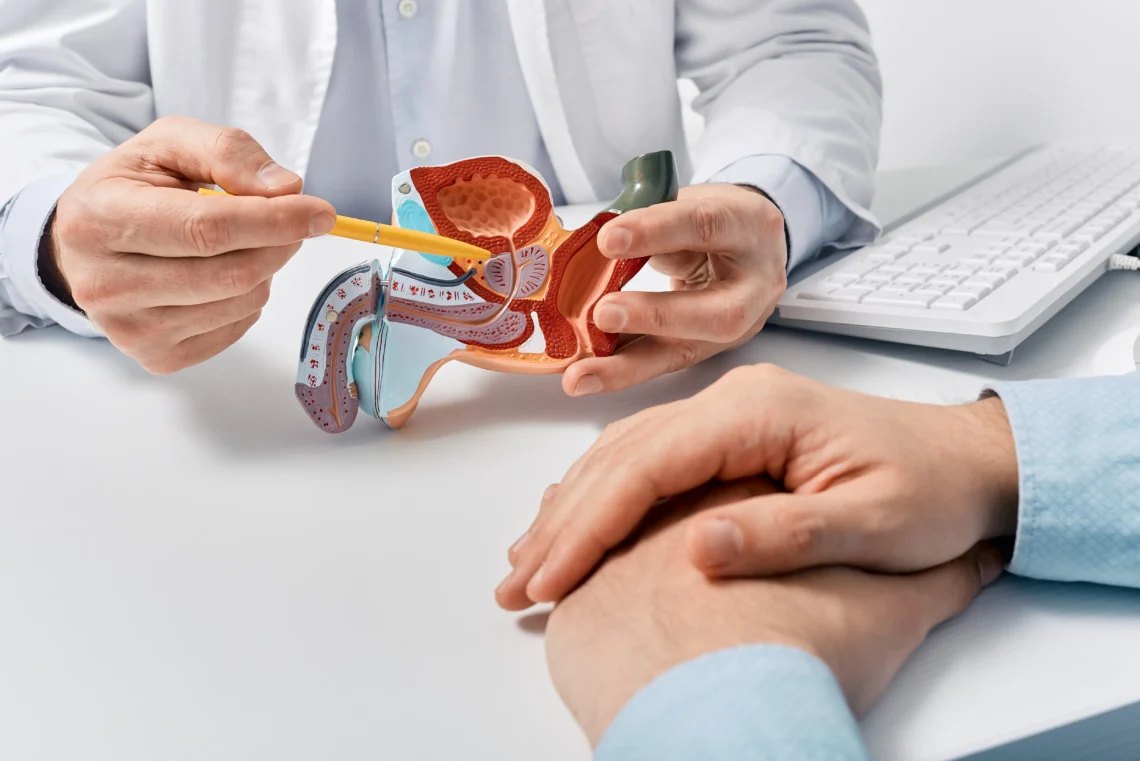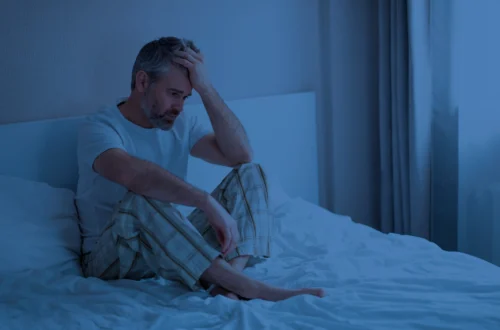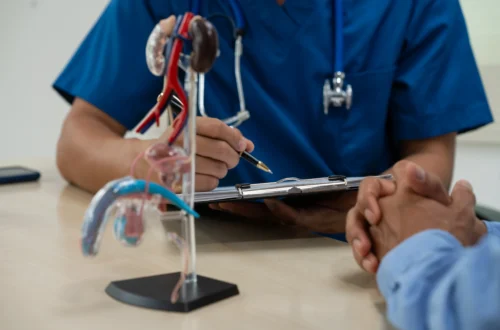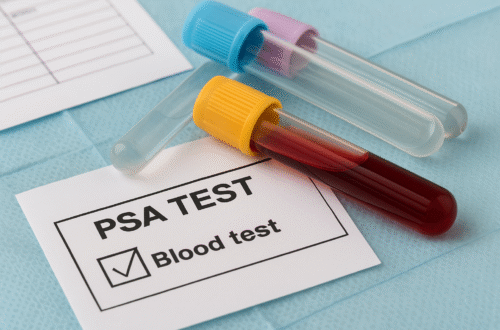By Dr. Emily Langford
🩺 Enlarged Prostate Symptoms You Shouldn’t Ignore
Enlarged prostate symptoms are extremely common as men get older, often affecting urinary habits, sleep quality, and overall well-being.
The prostate — a small gland located just below the bladder — naturally increases in size with age. However, when it becomes too enlarged, it can press on the urethra and interfere with normal urination.
This condition, known as benign prostatic hyperplasia (BPH), is not cancerous but can gradually worsen if ignored.
Recognizing the early signs is the best way to prevent complications such as urinary retention or infection.
The most common enlarged prostate symptoms include:
- Frequent urge to urinate, especially at night
- Difficulty starting urination
- Weak or interrupted urine stream
- Feeling that the bladder isn’t completely empty
- Dribbling or leaking after urination
If you notice one or more of these symptoms, it’s important to take action early.
In the next section, you’ll find simple, science-based tips that help support prostate health naturally and maintain a better quality of life at any age.
🩺 My Tips to Improve Prostate Health
1. The Military Prostate Reset Protocol
New research uncovered a hidden sleep disorder affecting men over 40 — called “MEN Syndrome.”
When this happens, nighttime testosterone production drops, estrogen becomes dominant, and the prostate becomes inflamed, causing constant nighttime bathroom trips and weak urine flow.
A former military health specialist discovered a simple nightly ritual that uses natural ingredients like Graviola, Bock Root, and a rare mineral known as Purple Salt.
Early evidence suggests it may help shrink the prostate and restore deep, uninterrupted sleep.
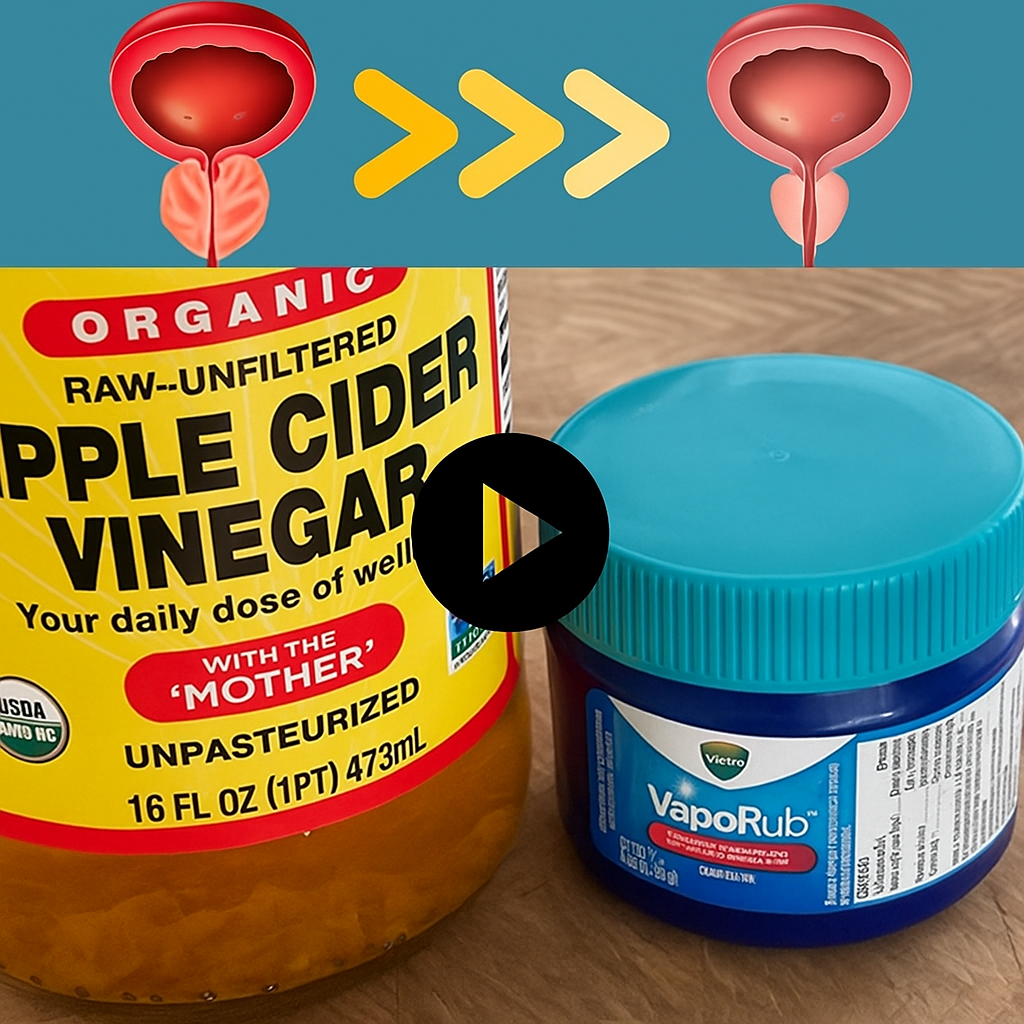
2. Maintain a healthy weight
Excess abdominal fat increases the conversion of testosterone into estrogen, which can stimulate prostate growth.
Focus on a diet rich in vegetables, fiber, and healthy fats such as olive oil and avocado.
3. Stay physically active
Physically active men have a lower risk of developing BPH.
Regular exercise improves circulation, reduces inflammation, and helps maintain hormonal balance.
Walking, light cycling, and strength training are great choices.
4. Cut back on coffee, alcohol, and soda
These drinks act as diuretics and bladder irritants, which can worsen urinary frequency — one of the main symptoms of BPH.
Choose water and mild teas instead (such as green tea or elderflower tea).
5. Limit fluids before bedtime
Drinking large amounts of water before bed increases nighttime bathroom trips, disrupting sleep and putting more pressure on the bladder.
Try to have your last drink about two hours before going to bed.
6. Manage stress and constipation
Chronic stress and constipation can increase abdominal pressure and worsen urinary symptoms.
Eat enough fiber, stay hydrated, and practice relaxation techniques such as deep breathing or stretching.
7. Avoid self-medication and certain over-the-counter drugs
Common allergy and cold medications — such as antihistamines and decongestants — can worsen urinary problems by tightening muscles around the urethra.
Always talk to your doctor before taking any medication.
⚠️ A Final Warning
Ignoring symptoms such as a weak urine stream, frequent nighttime urination, or a feeling of incomplete emptying can lead to serious complications — including complete urethral blockage and the need for surgery.
The sooner you take action and follow these tips to improve prostate health, the better your chances of avoiding surgery.
If yout’ve been noticing some of these symptoms, it might be helpful to check your prostate health more closely.
🩻 Medical Disclaimer
This article is for educational purposes only and should not replace personalized medical advice.
If your symptoms persist, consult a urologist.
For more detailed information and official guidelines on BPH, you can visit the American Urological Association’s website.
